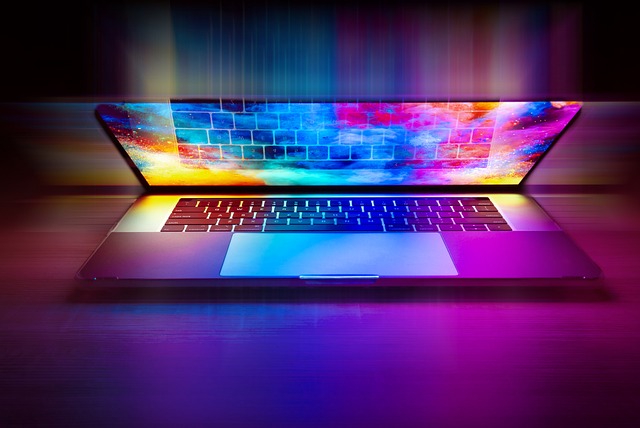No products in the cart.
What to Pay Attention to When Buying a Computer
What to Consider When Buying a Computer
Buying a computer is a major decision, whether for work, gaming, or everyday use. With so many options available, it’s crucial to evaluate various factors to ensure you get the right device for your needs. Here’s what you should pay attention to when purchasing a computer.
1. Purpose and Intended Use
Before buying a computer, determine what you’ll use it for. If you need it for basic tasks like web browsing, email, and office applications, a budget-friendly model with modest specifications will suffice. However, if you’re into gaming, video editing, or programming, you’ll need a high-performance machine with a powerful processor, more RAM, and a dedicated graphics card.
2. Desktop vs. Laptop
Decide whether you need a desktop or a laptop. Desktops are generally more powerful, upgradeable, and cost-effective for high-performance tasks. Laptops, on the other hand, offer portability and convenience, making them a better choice for students and professionals who need mobility.
3. Processor (CPU)
The CPU (Central Processing Unit) determines your computer’s speed and efficiency. Intel and AMD are the two major manufacturers, with options ranging from entry-level (Intel Core i3/Ryzen 3) to high-end models (Intel Core i9/Ryzen 9). For general use, an Intel i5 or Ryzen 5 is sufficient, while demanding users should opt for an i7, i9, or Ryzen 7, 9.
4. Memory (RAM)
RAM affects your computer’s ability to handle multiple tasks at once. 8GB is the minimum recommended for general use, while 16GB or more is ideal for gaming, content creation, and professional workloads.
5. Storage: SSD vs. HDD
Two main types of storage exist:
- HDD (Hard Disk Drive): More affordable but slower. Best for storing large files.
- SSD (Solid State Drive): Faster and improves performance significantly. A 512GB SSD or higher is recommended for speed and efficiency.
6. Graphics Card (GPU)
For basic tasks, an integrated GPU (built into the CPU) is sufficient. However, if you plan to game or use graphics-heavy applications, a dedicated GPU (such as NVIDIA GeForce RTX or AMD Radeon RX) is necessary.
7. Battery Life (For Laptops)
For laptops, battery life is crucial. Aim for at least 6-8 hours of battery backup for portability and extended use.
8. Ports and Connectivity
Ensure the computer has enough USB ports, HDMI, an SD card slot, and Wi-Fi 6 support for better connectivity.
9. Operating System
Choose between Windows, macOS, or Linux based on your software needs and preferences.
10. Budget and Brand Reputation
Set a budget and research brands like Apple, Dell, HP, ASUS, and Lenovo. Reading reviews and checking warranties can help ensure you get a reliable machine.
By keeping these factors in mind, you can make an informed decision and invest in a computer that meets your requirements.

